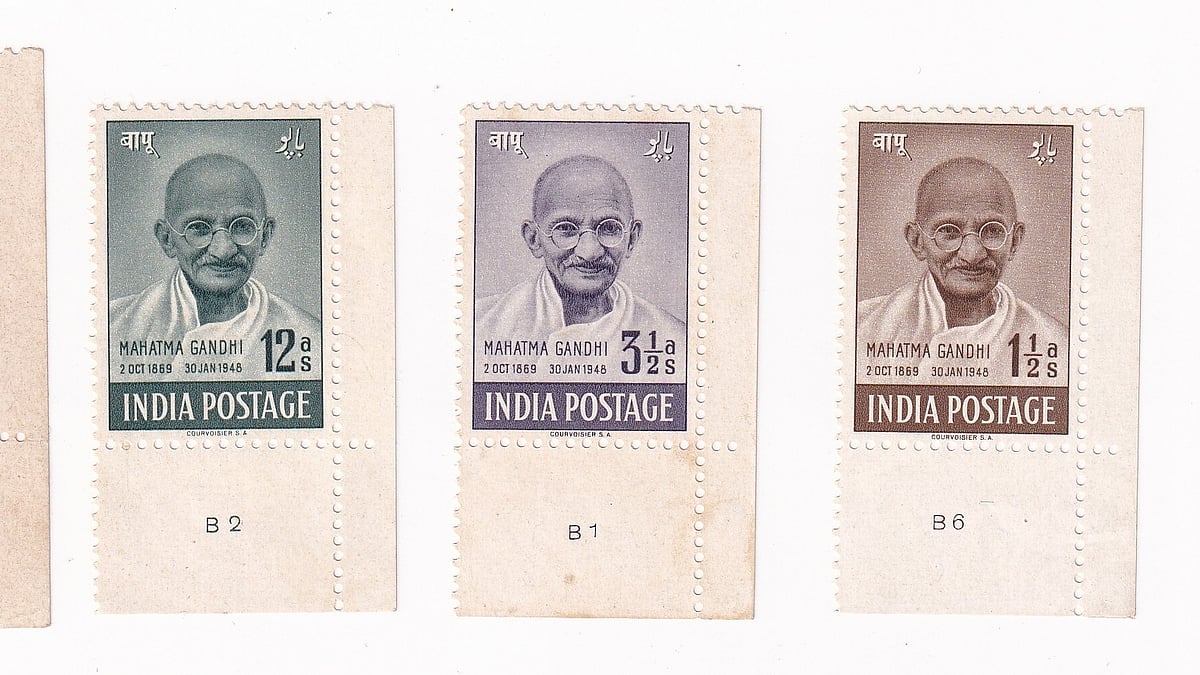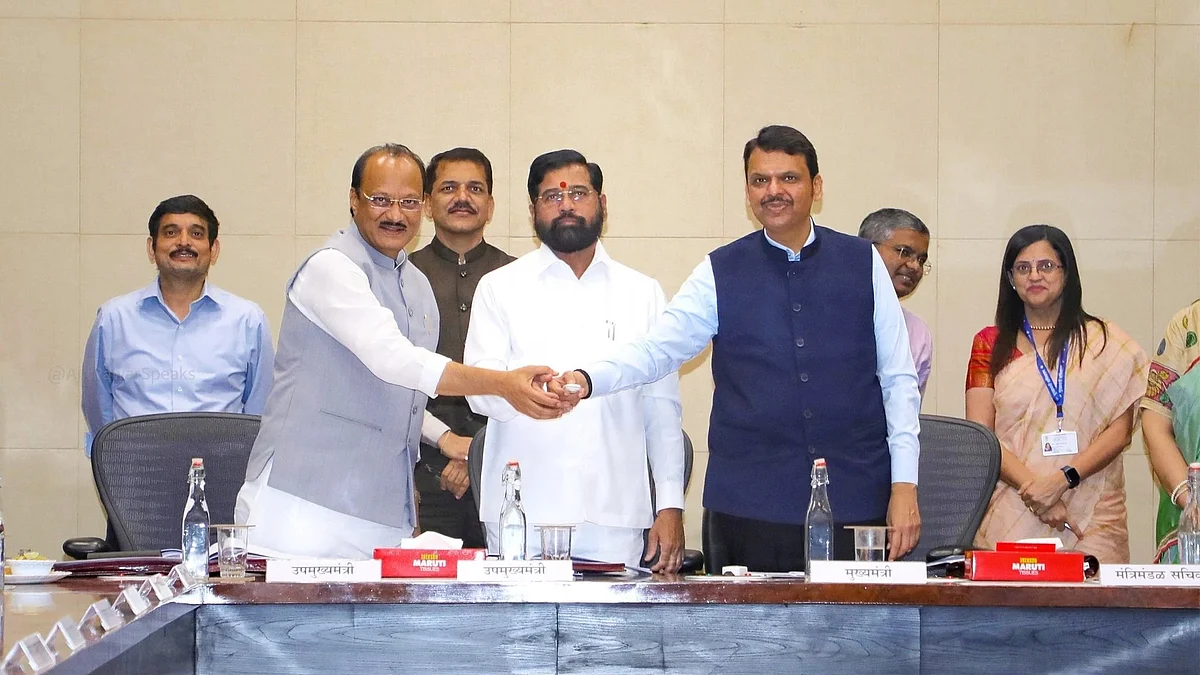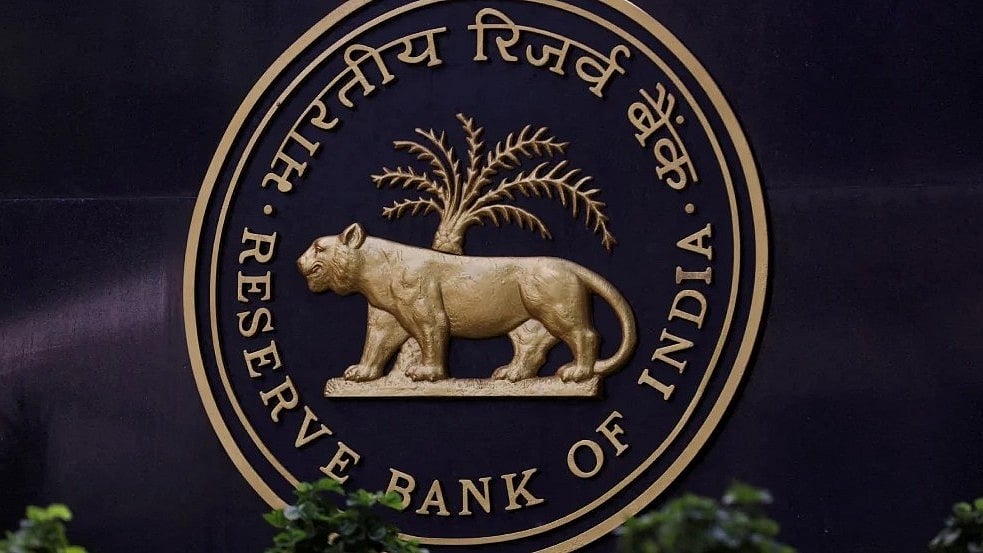The NDA-1 Government created and successfully handled many controversies during its tenure from 2014 to 2019. After winning the second term with flying colours, one assumed that Prime Minister Narendra Modi and his men would get back to work quickly and silently to live up to the expectations of the voters. However, it seems Modi and Co does not believe in working without making noise. Not even a month after the world’s largest elections in history, the debate about “one nation, one election” has been resurrected. Modi, who had continued to flag the issue for the last five years, called for a meeting on the subject with leaders of other political parties.
The 2014 manifesto of the ruling Bharatiya Janata Party (BJP) read: “The BJP will seek, through consultation with other parties, to evolve a method of holding Assembly and Lok Sabha elections simultaneously. Apart from reducing the election expenses for both political parties and Government, this will ensure certain stability for State Governments.”
Modi, in an interview with a news channel in January 2018, highlighted the demerits of the country being in constant election mode. “One election finishes, the another begins,” he said. He argued that conducting simultaneous Parliament, Assembly, civic and Panchayat polls once every five years, and completing them within a month or so would save money, resources and manpower. This, he pointed out, happens on account of a large section of the security forces, bureaucracy and political machinery having to be mobilised for up to 200 days a year on account of electioneering. The BJP’s 2019 manifesto also mentions the simultaneous elections for Parliament, State Assemblies and local bodies to “ensure efficient utilisation of government resources and security forces and… effective policy planning”. It goes on to say that the party “will try to build consensus on this issue with all parties”. It is in this spirit of reform and consensus building that the Prime Minister has revived this debate, calling an all-party meeting for discussions on June 19.
Development Work Affected?
Chief Minister of Odisha, Naveen Patnaik, has already welcomed the idea, saying, on June 15, that frequent elections affect the development climate, and hence it is better to have simultaneous elections in the country. The Law Commission had recommended simultaneous elections to Lok Sabha, State Legislative Assembly and the local bodies as far back as in 1999. L K Advani also supported the idea back in 2010 in an eloquent blog post. The matter was examined by a Parliamentary Standing Committee in December 2015, and was also referred to the Election Commission of India (EC). Both supported it in principle.
The concerns raised are indeed genuine, and the idea is worth debating. First, it has become more and more difficult to contest elections. The 2019 general election was the most expensive on record — a whopping Rs 60,000 crore was reportedly spent on the whole exercise. Given that there is no cap on the expenditure incurred by political parties, they spend obscene amount of money in every election. It is argued that simultaneous elections would help reduce this cost.
Moreover, frequent elections hamper the normal functioning of the government and disrupt civic life. This happens because the Model Code of Conduct (MCC) comes into operation as soon as the EC announces the election dates. It means that the government cannot announce any new schemes during this period. This results in, what is often referred to as, a policy paralysis. The government cannot make any new appointments or transfer officials. The entire government manpower is involved in the conduct of the elections.
Elections are the time when communalism, casteism and corruption are at their peak. Frequent elections mean that there is no respite from these evils at all. This has directly resulted in the souring of the political discourse, something that was on full display during the 2019 general election.
The argument of one election also comes with some hurdles. First, how will “one nation, one election” work in case of premature dissolution of the Lok Sabha, for instance, as happened in late 1990s when the House was dissolved long before its term of five years was over? In such an eventuality, would we also dissolve all State Assemblies? Similarly, what happens when one of the State Assemblies is dissolved? Will the entire country go to polls again? This sounds unworkable both in theory and in the practice of democracy. Moreover, as for the implementation of schemes of the government during the MCC period, only the new schemes are stopped as these could be tantamount to enticing/bribing voters on the eve of elections. All on-going programmes are unhindered. Even new announcements that are in urgent public interest can be made with the prior approval of the EC.
To add to this, frequent elections are not so bad for accountability, after all. They ensure that the politicians have to show their faces to voters regularly. Creation of work opportunities at the grass-root level is another big upside. The most important consideration is undoubtedly the federal spirit, which, inter alia, requires that local and national issues are not mixed up. Now, as the debate has been rekindled, wider deliberation on the need for a range of reforms must be considered. Till the idea achieves political consensus, there are two alternative suggestions to deal with the problems that arise due to frequent elections. The issue of uncontrolled campaign expenditure can be remedied by introducing a cap on expenditure by political parties. State funding of political parties, based on their poll performance, also is a suggestion worth considering.
Far-Reaching Reforms
In short, it is undeniable that simultaneous elections would be a far-reaching electoral reform. If it is to be implemented, there needs to be a solid political consensus, and an agenda of comprehensive electoral reforms should supplement it. The pros and cons need to be appropriately assessed and practical alternatives sincerely considered. It is good that the government continues to encourage a debate on the subject rather than forcibly pushing it through.
There is also a solid and studied argument that ‘One Nation — One Election’ would seriously hamper the basic concept and structure of ‘federal state’ that gives right and authority to states to decide their political future. There are many problems and solutions to this issue. We will seriously debate those after a while.
The writer is a political analyst and former Member of Parliament (RS).





